Publications
Articles, publications, books, tools and multimedia features from the U.S. Institute of Peace provide the latest news, analysis, research findings, practitioner guides and reports, all related to the conflict zones and issues that are at the center of the Institute’s work to prevent and reduce violent conflict.

Sarhang Hamasaeed on Iraq’s Government Formation
Four months after Iraq held elections, a new government has yet to form as the majority Shia factions remain divided. Sarhang Hamasaeed discusses the complicated route to forming a government and the recent unrest in Basra aimed at the current government for its failure to provide electricity and other basic services.
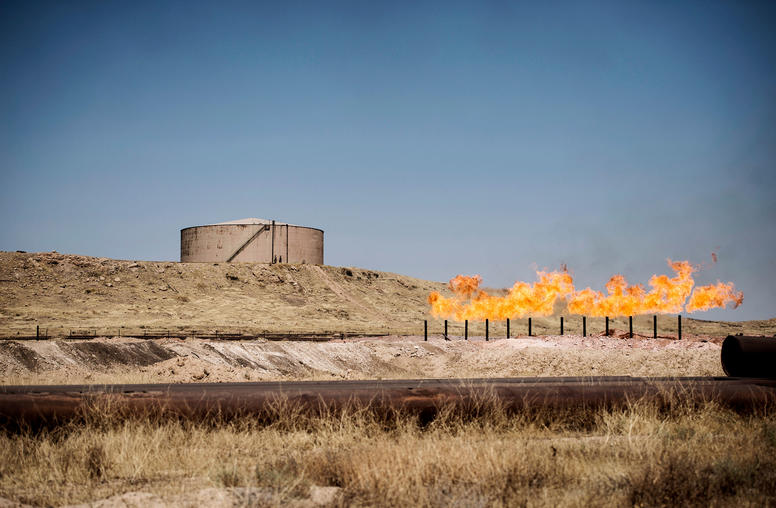
Could Iraq’s Economy Suffer Collateral Damage from Iran Sanctions?
With Iraq and Iran sharing a 900-mile border and deep commercial ties, the renewal of U.S. sanctions against Tehran without doubt would be felt in Baghdad. To what degree the Iraqi economy could end up collateral damage of the sanctions, however, requires detailed analysis.
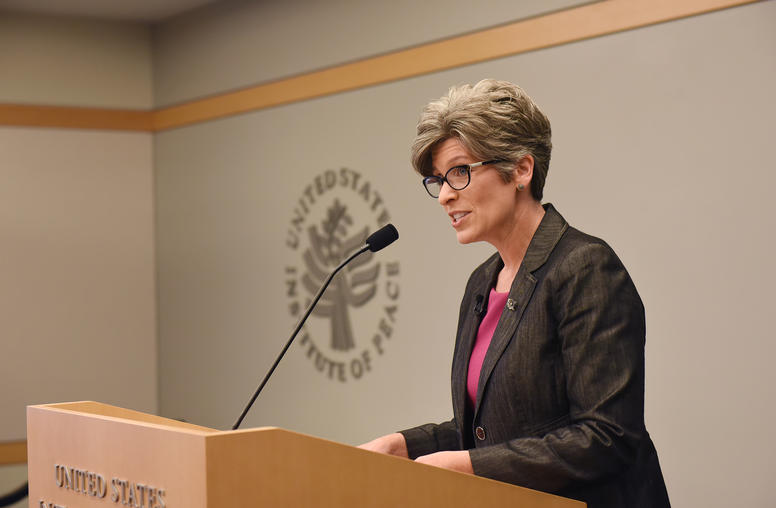
Iraq Mission Not Over for U.S., Senator Ernst Says
U.S. Senator Joni Ernst said that despite Americans’ weariness with U.S. involvement in Iraq, concerns about terrorism and regional stability make a continuing military commitment in the country a necessity. “Our first and our highest priority must be to ensure that the Iraqi government has the equipment and the training to conduct sustained and resilient counterterrorism operations,” Ernst said at the U.S. Institute of Peace.
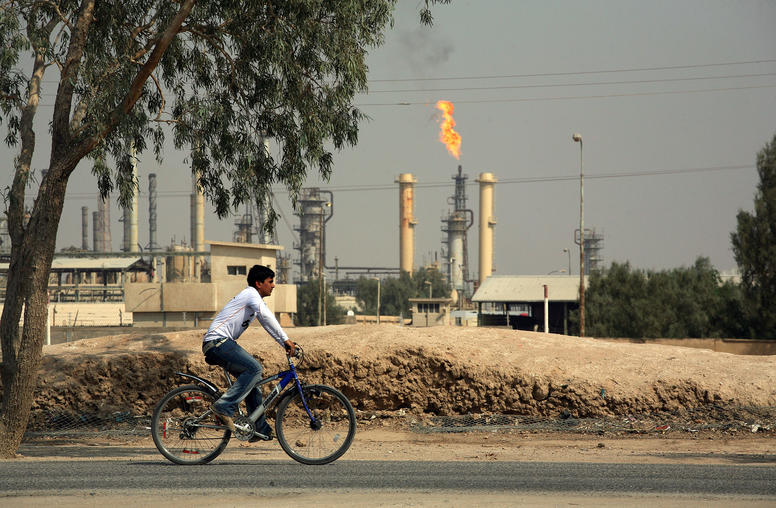
Iraq’s Protests Show the Fragility that Gave Rise to ISIS Remains
In recent weeks, tens of thousands of Iraqis in southern provinces of the country took to the streets to demand action over the lack of basic services and jobs. The protests began in the oil-rich Basra province, where people struggle with lack of clean water and electricity—amid temperatures exceeding 120 degrees—and economic injustice, among other challenges.
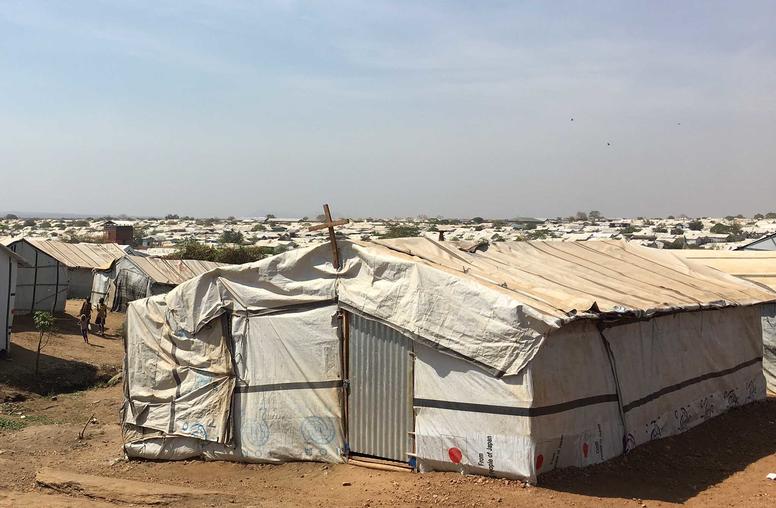
USIP-Commissioned Research Among Iraqi Minority Communities
USIP has produced five studies of minorities’ perceptions on reconciliation in the Nineveh province, including, Christian, Eyzidi (Yazidi), Sabean-Mandaean, Shabak and Turkomen communities. These assessments provide insights into conflict drivers and demands of these communities and include key findings, which have been shared with international and national stakeholders including the U.S. Government and the Government of Iraq.
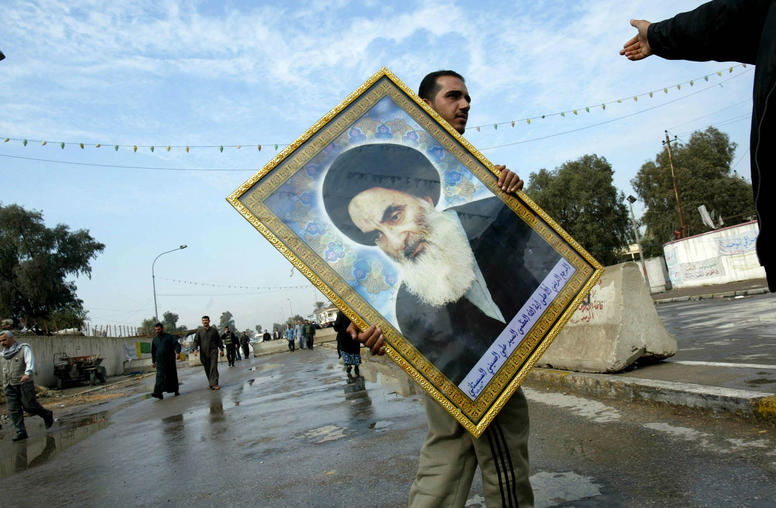
Iraq’s Election Leaves Iran’s Influence Intact
As Iraq shapes a government from its May 12 election, the indecisive electoral outcome again will leave Iran in a position to affect both the choice of a prime minister, and the tenor of the underlying administration. How Iran wields that influence is likely to depend on how well the European Union is able to defend the Iran nuclear accord following the United States’ withdrawal.

Sarhang Hamasaeed on Iraq’s Elections
Following the surprise win by controversial Shia cleric Moqtada al-Sadr and his Sairoon coalition in Iraq’s May 12 parliamentary elections, a new coalition government has yet to form. USIP’s Sarhang Hamasaeed analyzes what led to al-Sadr’s victory, low voter turnout at the polls, the state of the political process in Iraq, and Iraqis’ expectations for meaningful reform from the next government.
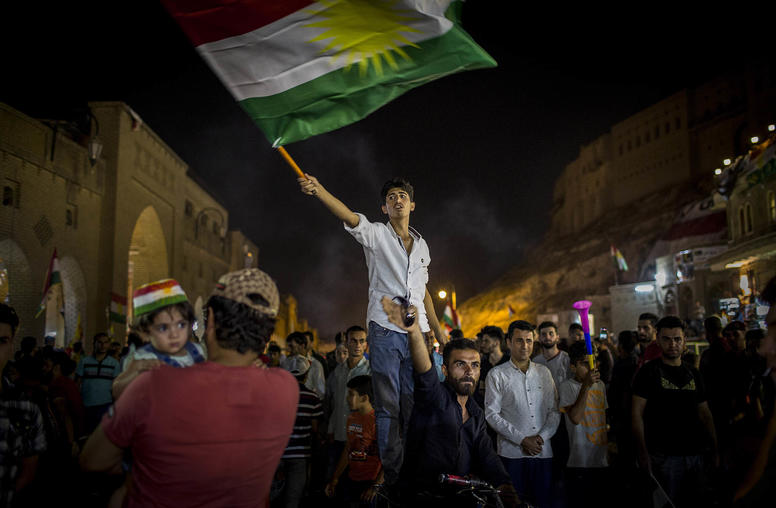
Why Baghdad Should Help the Kurdistan Region’s Debt Crisis
The mounting debt crisis of Iraq’s Kurdistan Regional Government poses a long-term threat to the country’s economy and ultimately, perhaps, its stability. For now, Iraqi political leaders are consumed with negotiating a new, post-election government, but a solution to the KRG’s insolvency cannot wait too long. It will require the next government to quickly put aside parochial politics and help the KRG find creative ways to restructure its debts.
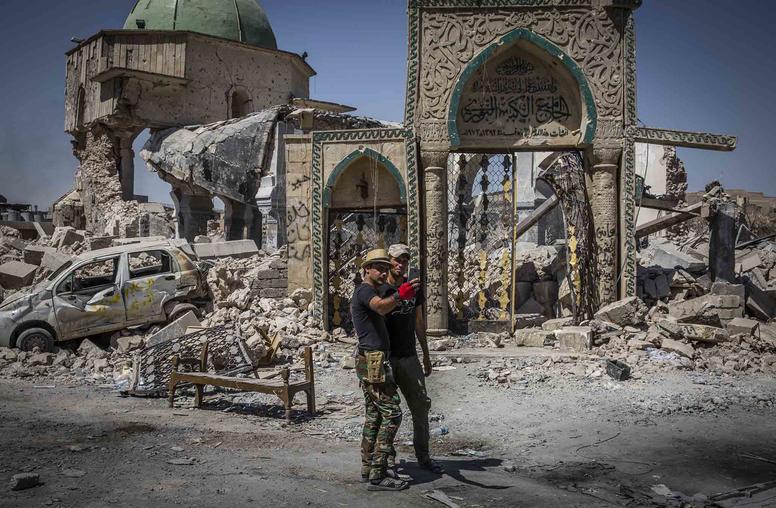
After ISIS, Iraqi Voters Demand Good Governance
When Iraqis went to the polls on May 12, the country’s foreign policy was the last thing on their minds. For the vast majority, the central question about the next government was expressly local: Will it be able to deliver services, get the economy moving and, perhaps most important, curb corruption?
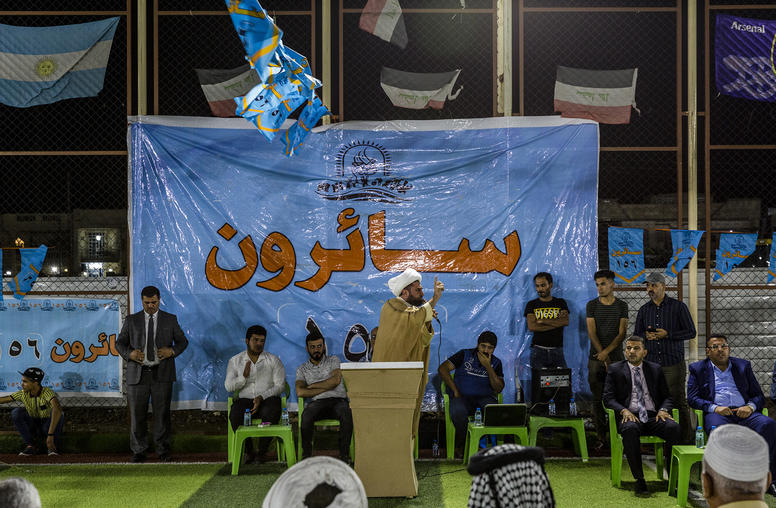
Will Iraq’s Surprise Election Results Bring Change?
In a surprise turn, preliminary results from Iraq’s May 12 parliamentary vote indicate that a coalition led by controversial cleric Moqtada al-Sadr—a staunch opponent of both U.S. and Iranian influence in Iraq—won the most seats.